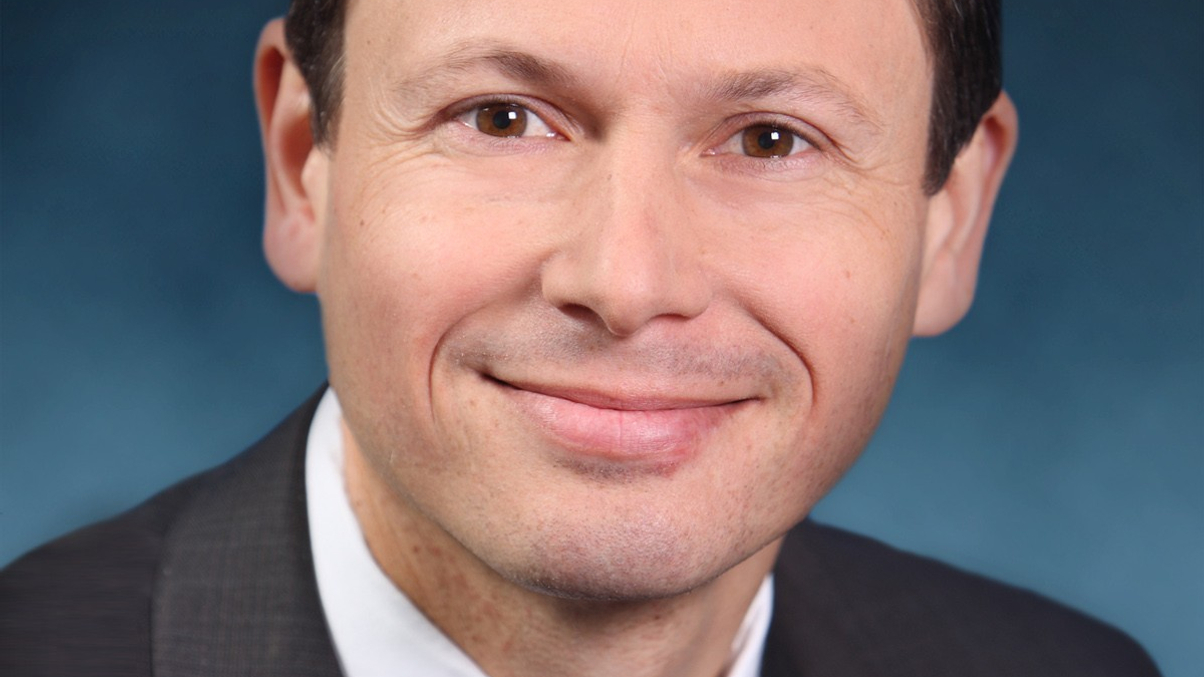Indonesia sub-advisory business beckons foreign fund houses
JP Morgan Asset Management's new sub-advisory partnership with Indonesian fund firm Mandiri Investasi may herald more such deals, amid growing local demand for global assets.

Indonesia is set to provide international fund firms with a growing pool of sub-advisory business, after JP Morgan Asset Management recently won the first such local mandate for an Islamic global equity fund.
Sign in to read on!
Registered users get 2 free articles in 30 days.
Subscribers have full unlimited access to AsianInvestor
Not signed up? New users get 2 free articles per month, plus a 7-day unlimited free trial.
¬ Haymarket Media Limited. All rights reserved.


